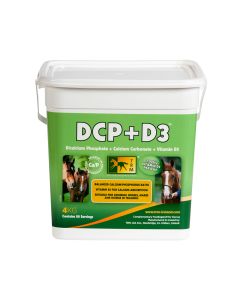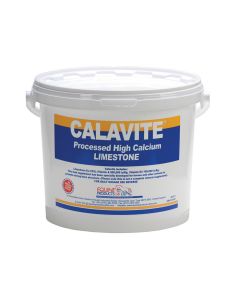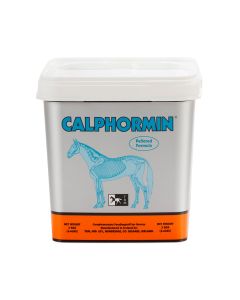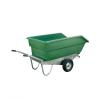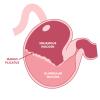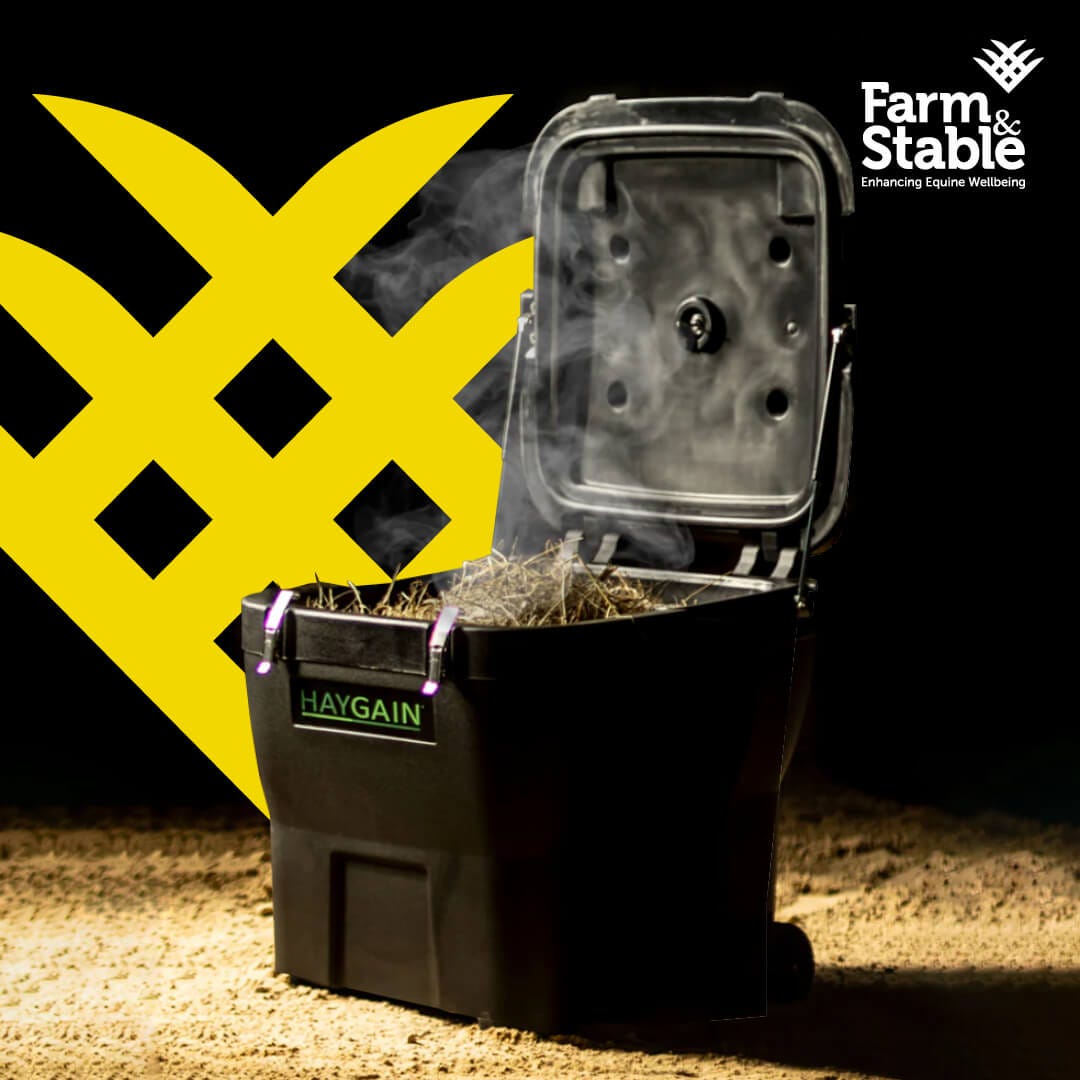
Andy Beer, is a leading nutrition consultant & recently visited Farm & Stable Supplies to explain why Calcium supplementation is so important for horses and why all calcium supplements are not the same. In the video Andy clearly demonstrates how the type or form of Calcium affects its bioavailability to the horse:
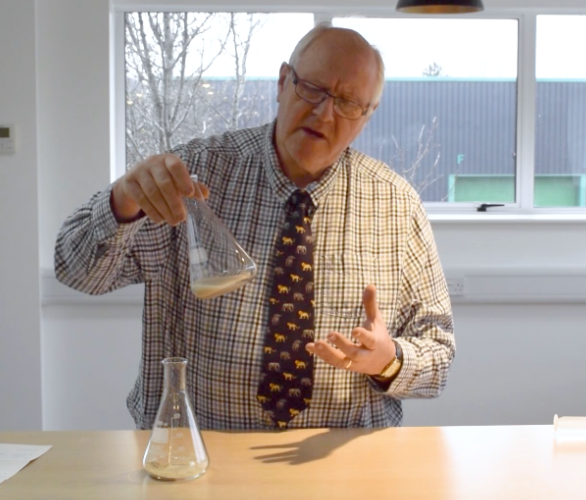
Andy starts “In this short presentation we are going to explain why Calcium, as one of the most important nutrients in the diet of the horse, can be very much influenced by the form in which it is supplied, and how we need to be careful when considering several crucial life stages to make sure the Calcium supply is adequate.”
“Calcium is one of the five major minerals, or major nutrients sometimes called maccrominerals, that is important to consider in equine feeding. It is particularly important at three life stages of the horse:
- The last trimester of pregnancy when the foal is growing rapidly in the uterus
- During early lactation when the mare is proving the vast majority, if not the sum total of the diet of the growing foal
- When the foal is weaned and is existing as a free-living organism in its own right
Calcium is a readily available nutrient, it’s widely found in the environment. In fact, within chalk soils, Calcium Carbonate is a very common source of Calcium, and it is sometimes provided as an additional supplement for horses.”
So why is calcium actually needed in the body?
''Well as most people know it is an important component of bone structure and this explains why we need calcium in the life stages that we have already identified - when the skeleton is being formed and indeed when the skeleton is fully formed. The other major role of Calcium in the body is actually in muscle contraction where Calcium facilitates the binding of muscle proteins Actin and Myosin which achieve movement.
So, we are going to think about how the source of Calcium, the type of Calcium is going to affect the availability of the nutrient that is in the horse’s diet.
Let’s think about when we are proving supplemental Calcium, as we have already said Calcium comes in a number of forms.
Here in this simulated stomach vessel, I have a sample of Calavite, which is a supplement of 99% Calcium Carbonate, you can see it is basically just a white powder when its ground down. In this vessel we have a sample of Calphormin, which is again a very popular and effective supplement for providing calcium to horses. And I just want to show you very simply, how these two different materials (products) behave in the presence of water.
Here we have some pure water from the tap, and you can see when we mix it with Calavite, basically we end up with a slurry because what’s happening is the Calavite is mixing with water but it’s not dissolving. You can see that there is quite a large solid residue at the bottom.
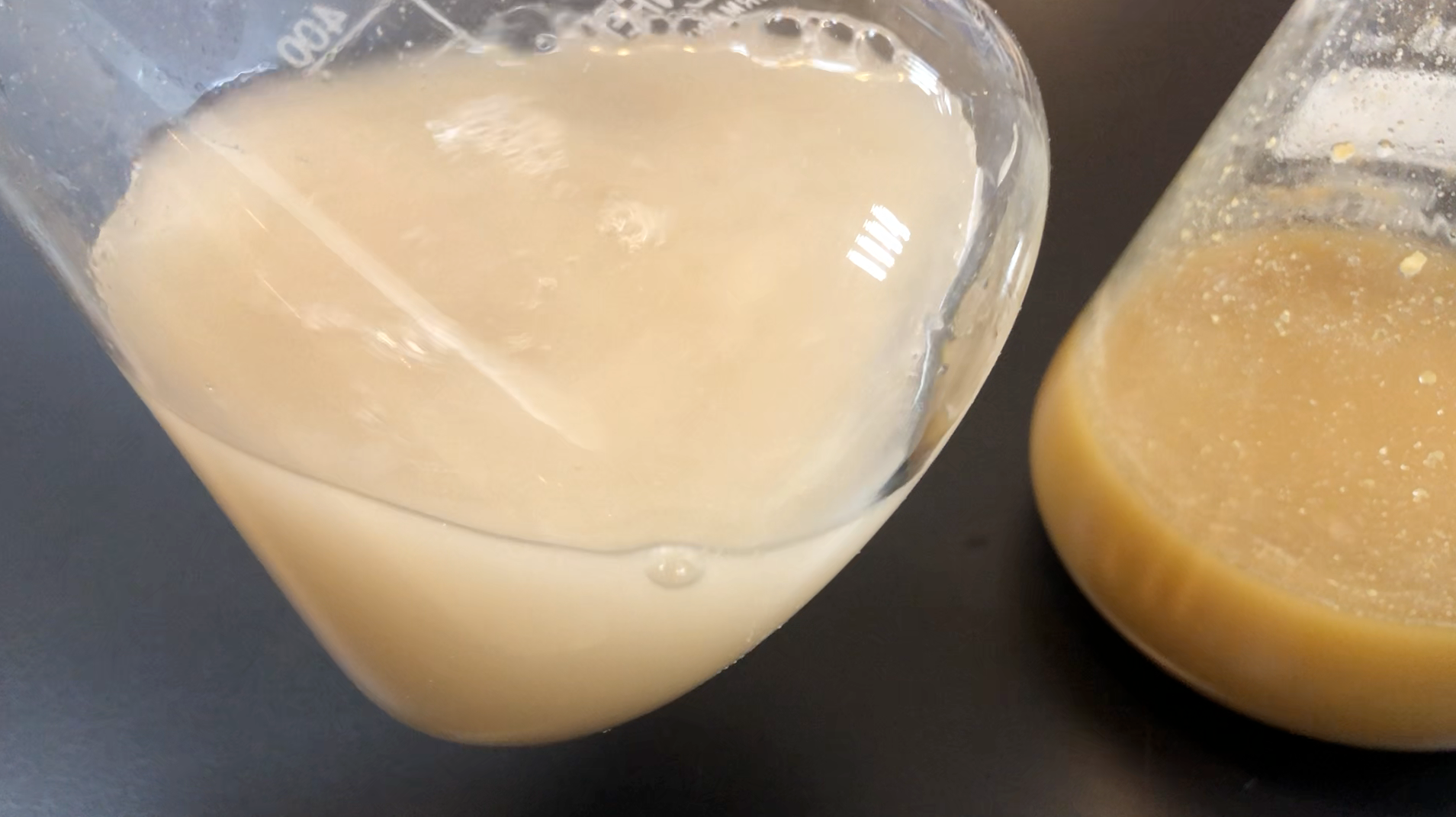
If we do the same thing with the Calphormin, putting a similar volume of water in there, you can see that because Calphormin is not a pure form of Calcium (as in the Calavite), it is mixed with a number of other things, so here we get this solution, and in this solution most of the Calcium has dissolved. This is because the Calcium in Calphormin is provided as Calcium Orthophosphate, which is a very soluble form of Calcium, compared to the Calcium in Calivite, which is a very insoluble form of Calcium.
Now in the horses’ stomach, it is interacted by the fact that it is a very acid medium. And what I want to show you now is how the Calavite, or Calcium Carbonate, behaves in the presence of hydrochloric acid, which indeed is the acid that is secreted by the stomach wall.
As you can see, there is a lot of fizzing as the acid reacts with the Calcium Carbonate, or the limestone. What is happening now is that the insoluble form of Calcium in the Calcium Carbonate is being converted into Calcium Chloride, which is actually much more readily soluble.
You are going to see in a minute that the amount of reactivity we get with Calcium Carbonate is much greater with the acid here than with Calphormin, where we have Calcium Orthophosphate.
You can see there is still a considerable amount of fizzing with the Calavite and acid as Carbon Dioxide is driven off as a result of that reaction.
If we now very simply just add the same material, Hydrochloric Acid, to the Calphormin, Calcium Orthophosphate, you can see that there is fizzing, but it’s at a much lower level. This is because Calcium Orthophosphate is more soluble so there is less solid for the acid to react with.''
Conclusion
''We can conclude from this very basic demonstration that the Calcium in Calphormin is much more soluble, so it is much more readily available, or bioavailable, to the horse. This helps explain its suitability and its preferential use as a supplement of Calcium for horses.
And to actually take that to its full conclusion we need to understand what happens to Calcium in the body. The stomach, as we’ve said is a very acid medium, there is reaction and there may be dissolving of Calcium. It then passes from the fluids of the stomach into the small intestines. It crosses the wall of the small intestine, and it is absorbed, particularly in the second and third portions of the small intestine, the Duodenum and the Ileum, where it gets into the blood stream.
The blood steam is the main pool of nutrients from which the horse can use. From the blood Calcium might go straight to the muscle where it will be used for muscle involvement and movement, or it might go to the bones, as we’ve seen, bones are composed mainly of Calcium and Phosphates.
This is basically underlying why the solubility of Calcium is so crucial in horse nutrition. If the blood becomes depleted due to an inadequate supply in the diet, the horse may mobilise reserves from the skeleton, this then of course weakens the skeleton if it’s not replaced. So, Calcium deficiency in the short term may not be a major issue, but in the long term this will crucially affect the horse’s performance and indeed its skeletal structure.
So, Calphormin, being a more readily available source of Calcium, is preferred by many professionals as a means of keeping the supply at a more than adequate level. And even in the rehabilitation of horses that may have acquired some minor injury such as damage to their leg.''
Crucial to the Health & Wellbeing of the Horse
''The supply of Calcium, as we said, just to round it all up, is very crucial to the health and wellbeing of the horse, and in particular, in maintaining the blood supply and the reserves to the bones from which it may be mobilised for later use if necessary.
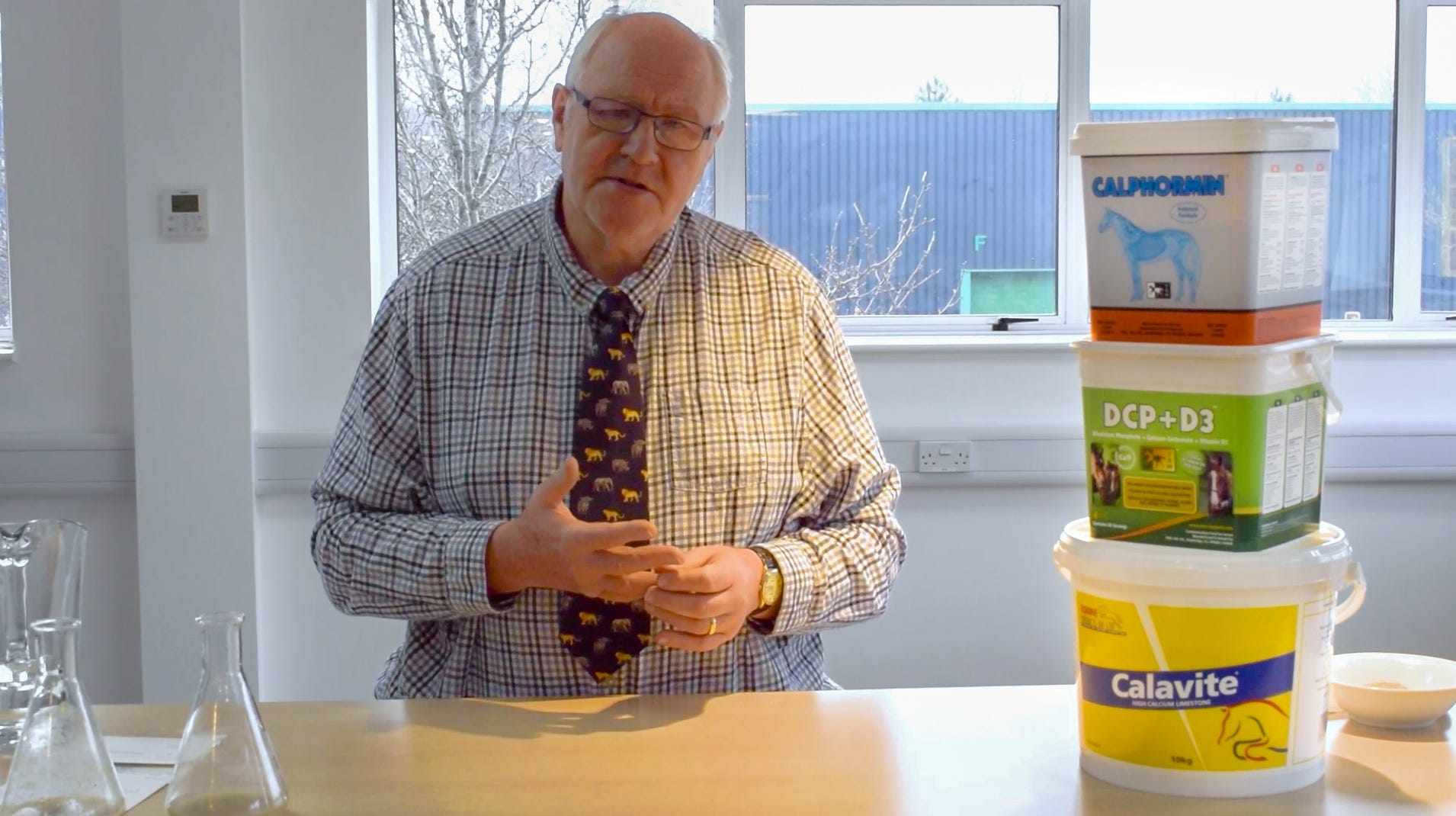
So, in conclusion, when we are considering how to provide Calcium as a supplement for horses, there are a number of products that you could consider from Farm & Stable. You see here we have Calavite, which is predominantly Calcium Carbonate - that has availability, certainly under the activity of acid. Then we have DCP+D3, Di-Calcium Phosphate, which is another Calcium supplement. Then there is Calphormin, which has the most desirable form of Calcium, and this is a very effective and valuable supplement for horses and foals.”
Our thanks to Andy Beer for such a thorough presentation of - why calcium is so important to the wellbeing of the horse and why it should be added to the diet – plus a brilliant representation of the different types of Calcium products available.
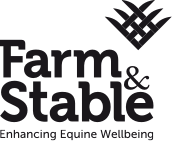

 Forgotten your password?
Forgotten your password?  Free Delivery on all orders over £95+VAT
Free Delivery on all orders over £95+VAT





